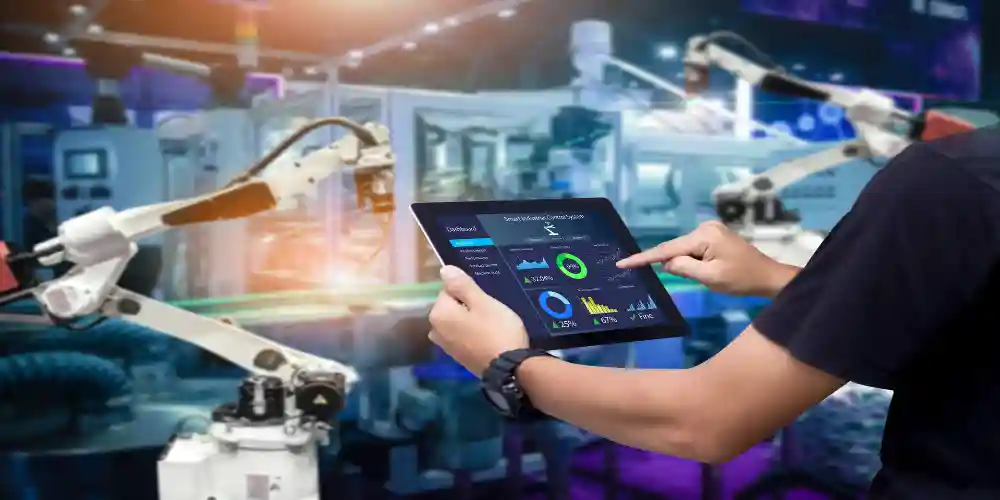Smart technology is based on sensors and a built-in capacity to learn. It also uses data to operate — for example, a smart thermostat can adjust its settings to match your schedule and habits.
Smart technologies help make business more efficient and productive by automating processes, optimizing resource utilization and reducing waste. They also help people manage their time and resources more effectively.
Increased Efficiency and Productivity
With smart technology, data analysis is more accurate and faster than manual methods. This allows for a more comprehensive view of a campaign’s results, increasing the return on investment.
Smart devices also offer convenience and cost savings for homeowners and businesses. For example, smart appliances learn your habits so that you can save on energy costs and smart security systems alert homeowners of break-ins or call the police or fire department when they detect motion outside of your home or business.
Smart technology makes cities more efficient by collecting expansive data at a city-wide scale using sensors, metering, and remote connectivity. This data can be used to detect environmental conditions, track trends over time, and implement interventions that improve the lives of residents (for example, shutting down a pipeline when a water leak is detected; or tapping reserve power generators if electricity demand is higher than expected). This information can then be used to inform policy decisions and guide infrastructure development and maintenance.
Increased Customer Satisfaction
Smart technology allows users to stay connected and get the help they need when they need it. It enables brands to deliver on customer expectations for speed and convenience in every touch point.
For example, some smart home systems allow homeowners to control their heating and cooling, lights, appliances, doorbells, and security cameras using a single app on their mobile devices. This allows them to save energy and money while providing them with a more efficient way of living.
In a commercial environment, smart technology has allowed companies to track and analyze data to improve their services and operations. They can track performance in real time to ensure quality, efficiency and productivity while reducing costs through better planning. It also enables them to make predictive analytics and provide proactive support, addressing issues before they arise. This results in increased customer satisfaction and loyalty. Smart technologies also enable businesses to engage with customers in a more personalized manner through digital, out-of-home and in-store experiences.
Reduced Waste
Smart technology can reduce waste by connecting devices to one unified command system. This allows users to control multiple devices from a single source and even save money by automating energy usage. For example, smart thermostats such as Google’s Nest learn a user’s schedule and adjust accordingly. They also shift into energy saving mode if they detect nobody is home.
In addition, smart security systems can monitor activity around the house and even alert homeowners or the police in case of break-ins. Many smart home devices also track a user’s health metrics such as blood pressure and heart rate to help them improve their wellbeing.
In the workplace, smart technology can enable businesses to gather data from multiple sources and analyze it. This can lead to more targeted advertising campaigns and higher returns on investment. This is especially true for industries such as retail and finance. This is because smart devices can provide more accurate and up to date data than human operators.
Increased Security
A smart device combines sensors, actuators, computer processing and algorithms that allow the device to collect data, analyze it and respond to changes in environmental conditions. These devices use real-time monitoring to check on equipment and send notifications of any issues such as water leaks, power outages or other anomalies in the system to appropriate personnel for action.
Many household devices like home alarm systems are becoming smarter. They can detect activity at a home, and notify homeowners with a phone app of an event. They also provide 24/7 central station monitoring that can contact first responders or your family if necessary.
Smart technology is transforming industries such as retail, manufacturing, healthcare and automotive. This trend is causing companies to change how they interact with their customers, and the world around them. In addition, it is allowing cities and businesses to streamline processes and invest in infrastructure that can improve overall quality of life for citizens.



Leave a Reply